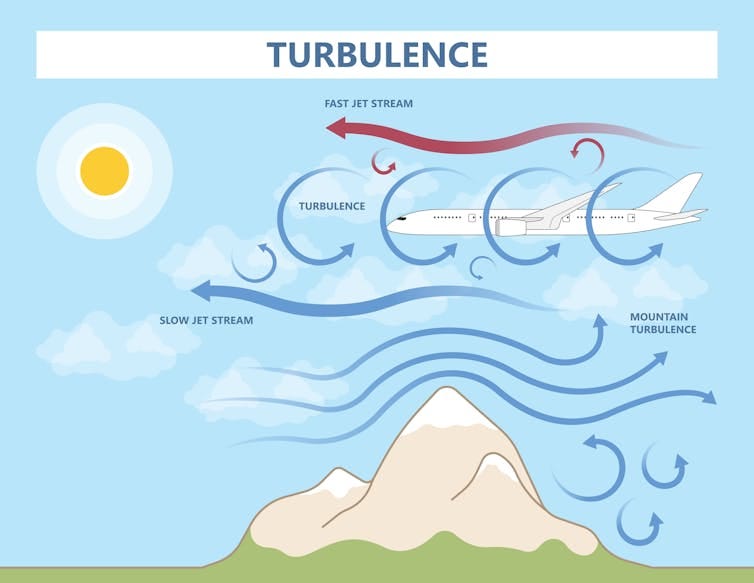We Are All Afraid of Grief
To grieve, we must first admit how much loss and violence we face.
This is Part Two of a two-part series on grief. You can read Part One here.
A month ago I fell asleep on a plane and five minutes into my rest I could sense the one percent of my brain that was still awake starting to panic—hey, it said, louder and louder: you are moving through the sky, 34,000 feet in the air, at 520 miles per hour. I jolted awake.
It’s odd how normalized the experience of flying has become, because it’s an incredibly violent process. The extraction and burning of thousands of gallons of fossil fuels; the invasive “security” systems we must pass through in order to get on the plane; and the technology of the plane itself—the jet engine was first developed as a tool of war for use by the Nazis. I quelled my momentary panic on that plane by looking at my phone—browsing the internet for memes and stupid videos. And so I was quelling my body’s response to the trauma of flight with another tool developed in the furtherance of war. Even the Diet Coke I sipped as I scrolled had a…checkered history.
All of which is to say: something in me is sometimes aware of the incredible violence that undergirds my daily existence.
If I were to admit this fully and consistently—that we are constantly being pushed and pulled and poked and prodded and moved around and shaken by technologies and systems that are heartless and destructive and based in exploitation I think I would immediately go insane. The terror would be too great. As would the amount of grief I’d have to process—I’d have to mourn the worlds and the people destroyed to get me from point A to point B, to keep me housed and heated and fed.
It is not only easier to live in denial, it is a prerequisite of continuing to function.


